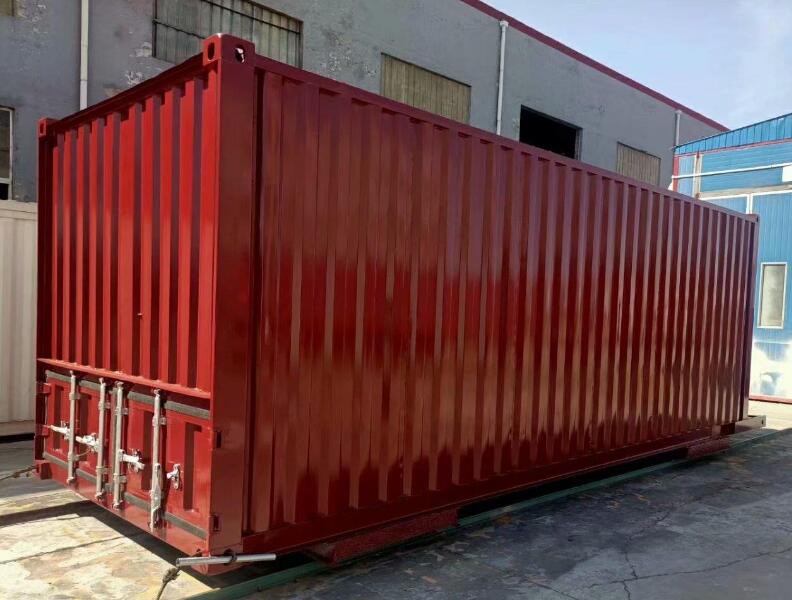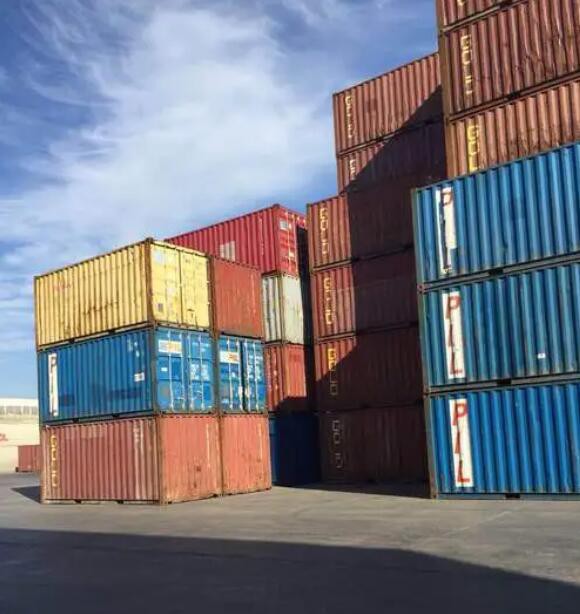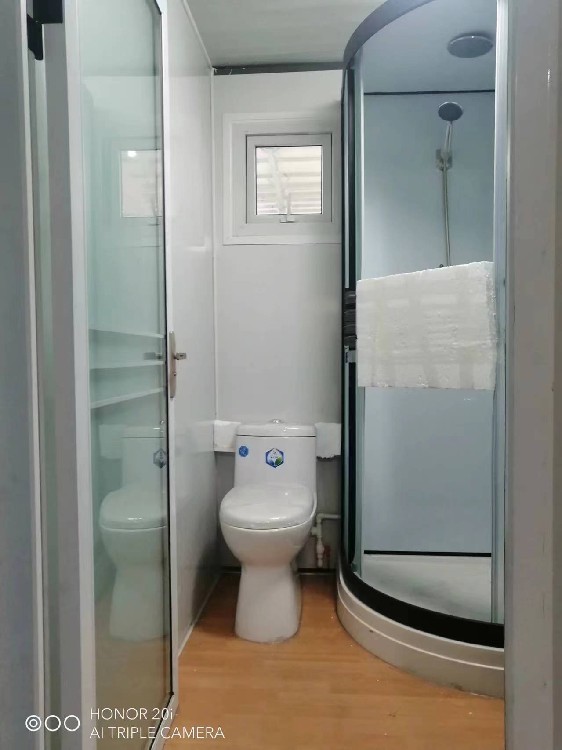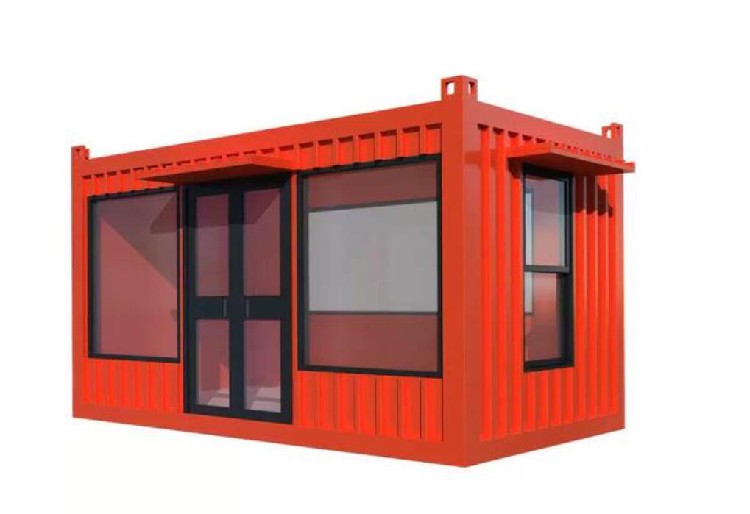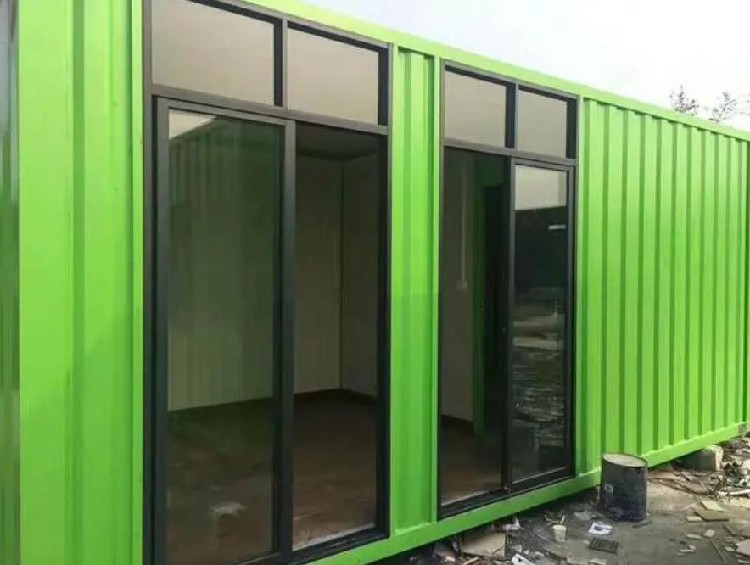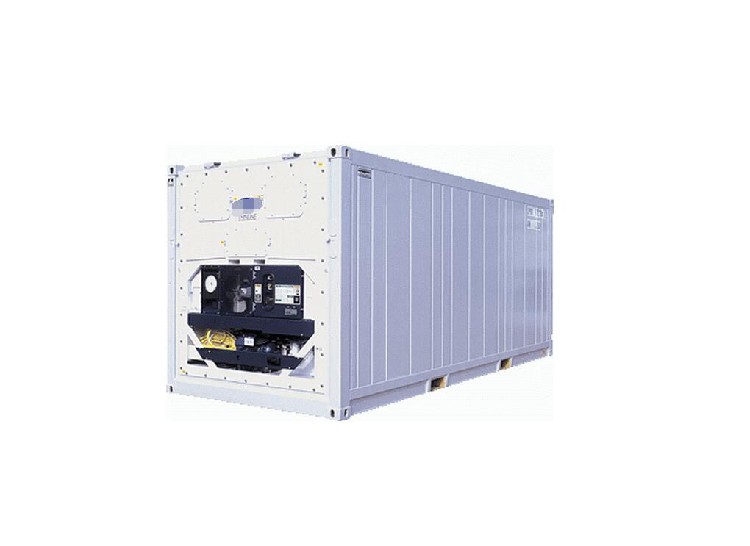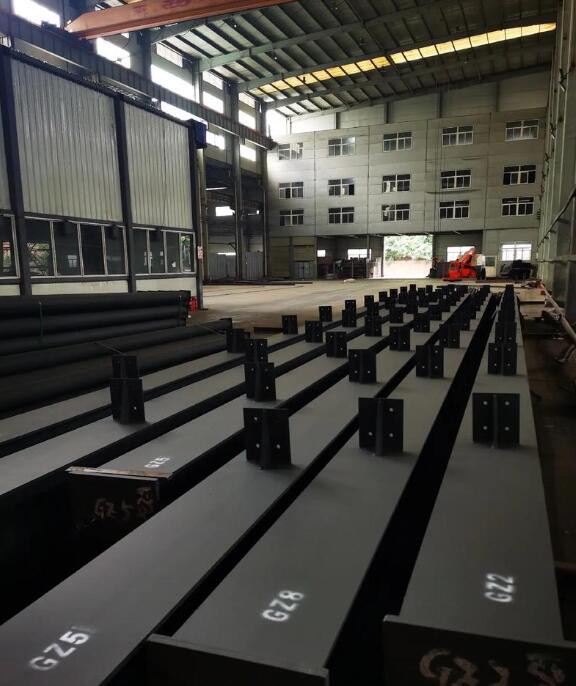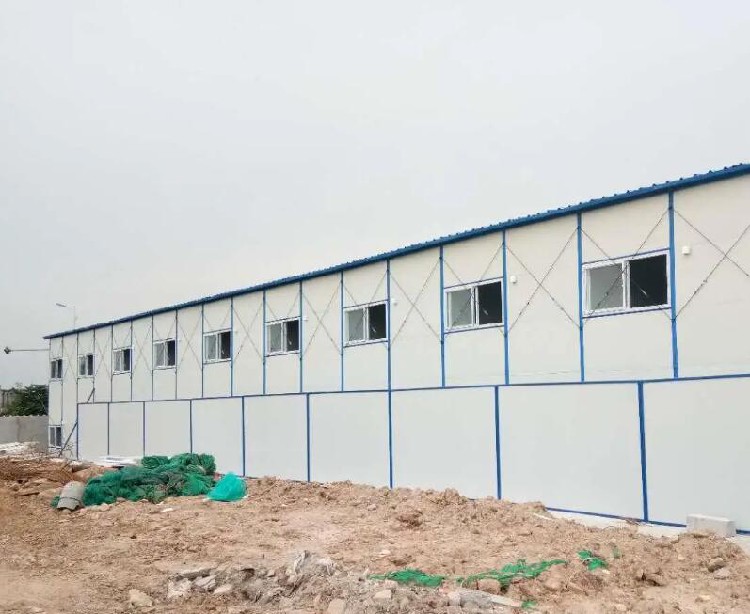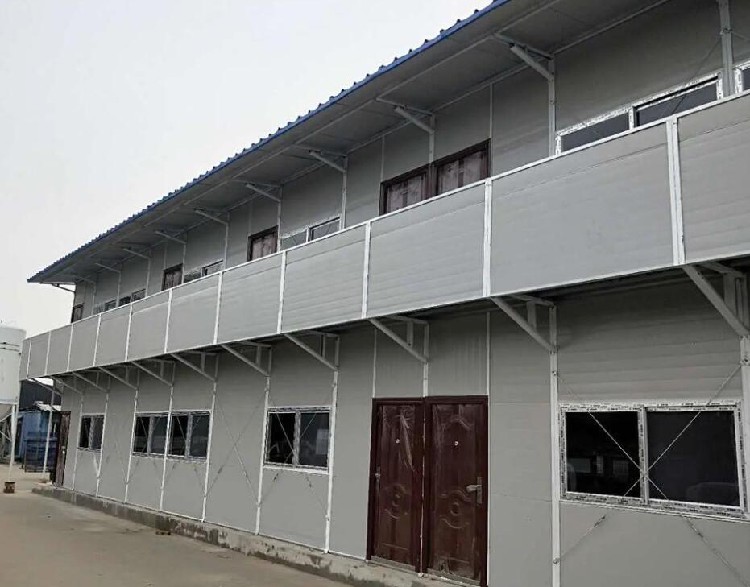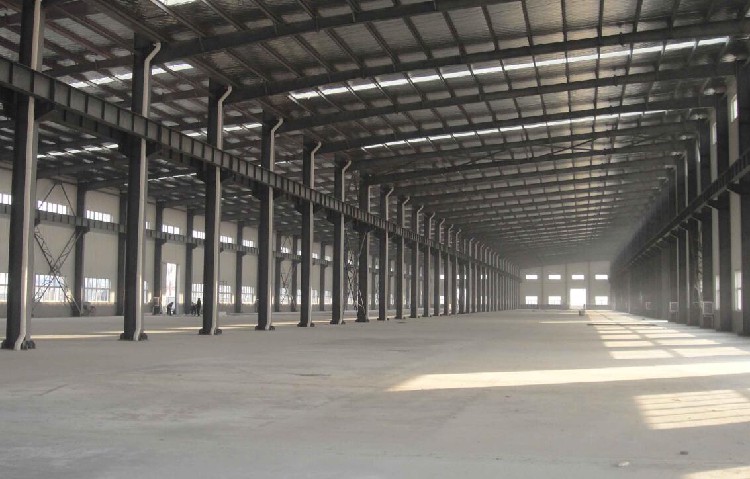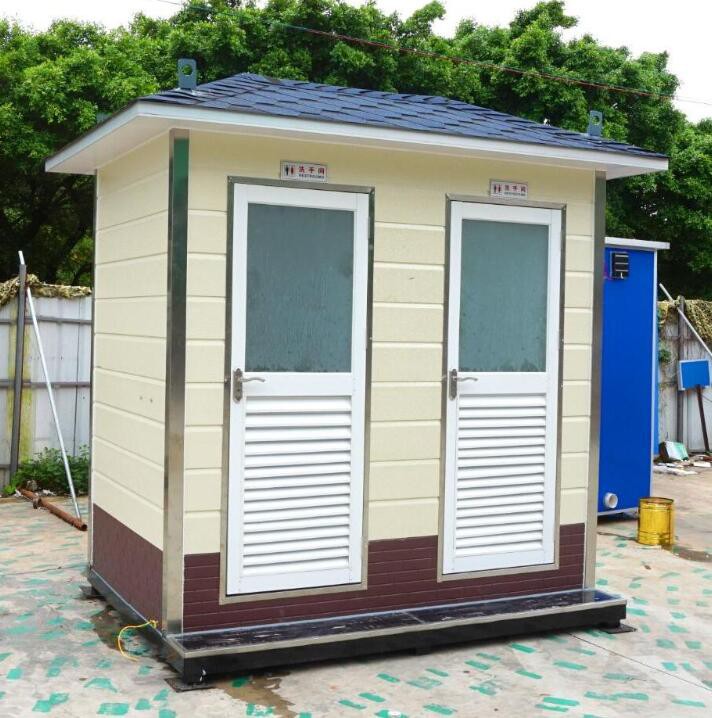Welcome!







Container wholesale suppliers
Basic Info
| Brand | tengfei | Delivery Detail | 30days /Chocolate Wafer Making Machine | Min.Order Quantity | 1 unit |
|---|---|---|---|---|---|
| Place of Origin | Guangdong Guangzhou China | ||||
Product Description
Container wholesale supplier introduction and advantages
The company was founded in 1988 with a registered capital of US$55 million. It is headquartered in Guangzhou, China and has a manufacturing base in Guangzhou, Guangdong, covering an area of about 180,000 square meters. It is a high-tech enterprise group integrating R&D, design, manufacturing and sales. The main business is containers, refrigerated containers, container shops, dry cargo containers, container houses, container factories, steel structure containers and other products. The company currently has an experienced and innovative professional R&D team led by professors and senior engineers with doctoral and master's degrees. The company also cooperates with many universities and research institutes at home and abroad to reach international advanced and domestic leading levels.

Container Introduction
Container is a standardized metal box used to load goods for transportation and storage. It is usually made of steel and has the advantages of being strong and durable, waterproof and moisture-proof, and convenient for handling and isolating goods. As a standardized means of transporting goods, it plays a vital role in modern logistics due to its unique advantages.
What are the types of containers?
According to the type of goods loaded
There are dry containers (DRY CONTAINER), bulk containers (BULK CONTAINER), liquid cargo containers, refrigerated containers, and some special containers, such as car containers, livestock containers, animal hide containers, etc.
General cargo containers are the most common containers, mainly used to transport general groceries, suitable for various goods that do not require temperature adjustment, generally called general containers.
Bulk cargo containers are containers used to load various bulk goods such as powders and granular goods.
Liquid cargo containers are containers used to load liquid goods.
Refrigerated containers are containers with refrigeration equipment and materials with low thermal conductivity laid on the inner wall for loading frozen, insulated, and fresh-keeping goods.
Car containers are specially designed for transporting cars and can be divided into two layers of loading containers.
PEN CONTAINER is a container specially designed for transporting live livestock, with ventilation facilities, feeding and manure removal equipment.
Hide container is a container specially designed for transporting raw hides and other goods with juice leakage, with double bottom, which can store leaked liquid.
According to manufacturing materials
Manufacturing materials refer to the materials of the main parts of the container (side walls, end walls, box tops, etc.), which can be divided into three types: steel containers, aluminum alloy containers, fiberglass containers, in addition to wooden containers, stainless steel containers, etc. Among them: Steel containers are made of steel, with the advantages of high strength, firm structure, high weldability, good water tightness, and low price; the disadvantages are heavy weight and poor corrosion resistance; Aluminum alloy containers are made of aluminum alloy materials, with the advantages of light weight, beautiful appearance, corrosion resistance, good elasticity, convenient processing, low processing and repair fees, and long service life; the disadvantages are high cost and poor welding performance; Fiberglass containers are made of fiberglass materials, with the advantages of high strength, good rigidity, large content, good insulation, corrosion resistance, and chemical resistance, easy to clean, and simple repair; the disadvantages are heavy weight, easy aging, and reduced strength at the bolt tightening point.
According to structure
It can be divided into three categories, including fixed containers, folding containers, and thin-shell containers. Fixed containers can be further divided into closed containers, open top containers (OPEN TOP CONTAINER), flat rack containers, etc.; foldable containers refer to containers whose main components (side walls, end walls and roof) can be simply folded or disassembled, and can be easily reassembled when used again; thin-shell containers are containers that have all components formed into a steel body. Its advantage is that it is light in weight and can adapt to the torque that occurs without causing permanent deformation.

Container specification standards
Container transport is an important mode of transport in the process of multimodal transport of international trade goods. Container transport has the advantages of high standardization, good sealing, low damage rate, intensive, large-scale, liner, low cost, good quality, etc., which greatly improves the safety and efficiency of cargo transportation. At present, the international organizations responsible for formulating freight container standards include the International Maritime Organization (IMO) and the International Organization for Standardization (ISO). Among them, IMO mainly formulates relevant safety operation specifications for ship-borne containers through its Cargo and Container Transport Subcommittee (CCC Subcommittee) and publishes them in the form of IMO documents. ISO's freight container standards are under the responsibility of ISO/TC104 International Container Standardization Technology·Research on Standard Application·Committee, and the standards include three categories: industrial standards, transportation standards and basic standards.
International standards
In the early days of container transportation, the structures and specifications of containers were different, which affected the international circulation of containers. It was urgent to formulate international common standards for containers to facilitate the development of container transportation. Container standardization can not only improve the versatility and interchangeability of containers as common transport units in sea, land and air transport, but also improve the safety and economy of container transport and promote the development of international container multimodal transport. At the same time, container standardization also provides a basis for the selection, design and manufacturing of container carrying tools and loading and unloading machinery, thus making container transportation a mutually connected, specialized and efficient transportation system. Container standards are divided into four types according to the scope of use: international standards, national standards, regional standards and company standards.
National Standards
Governments of various countries formulate their own container standards by referring to international standards and taking into account their own specific conditions.
Among the current standards in China, the (centralized) management agencies involved in freight container standards include 5 standardization technical committees: National Container Standardization Technical Committee, National Port Standardization Technical Committee, National Road Transport Standardization Technical Committee, National Comprehensive Transportation Standardization Technical Committee and Transportation and Navigation Safety Standardization Technical Committee. In addition to the above-mentioned technical committees that issue national and industry standards, the Maritime Safety Administration is responsible for issuing normative documents on shipborne container operations, and classification societies are responsible for formulating shipborne container transportation guidelines related to ship inspection and certification.
Container size
Standard container sizes include 20-foot and 40-foot lengths, 8-foot widths, and 8-foot 6-inch heights. In addition, there are special-sized containers of 10-foot, 30-foot, 45-foot, and 48-foot sizes that can be stacked on top of each other on ships, trains, and truck compartments to facilitate the transshipment and transit of goods.
Container Supplier Product Advantages
Protect goods: Containers can protect goods from breakage and damage, ensuring the integrity of goods during transportation.
Improve efficiency: The standardization of containers reduces the time of loading and unloading, and improves the efficiency of cargo transportation.
Prevent theft: The closed nature of containers can also prevent goods from being stolen or illegally taken.
Intermodal transport: The intermodal nature of containers allows seamless connection between different modes of transportation, achieving fast and efficient transportation of goods.

Container wholesale precautions
Choose appropriate specifications: Choose appropriate container specifications according to transportation needs, such as ordinary dry cargo containers, insulated containers, dangerous goods containers, etc.
Check quality: Make sure the structure of the container is intact, undamaged, and has good sealing and thermal insulation.
Understand transportation regulations: Understand the specific requirements of different modes of transportation for containers, such as size, weight restrictions, etc.
Comply with safety regulations: When loading goods, make sure to comply with safety regulations to prevent overloading or unbalanced loads.
Container application scope
Containers are widely used in many fields such as sea transportation, railway transportation, and road transportation. Whether it is long-distance transportation or short-distance transshipment, containers can provide efficient and safe solutions. Especially in international trade, the use of containers has greatly promoted the rapid circulation of global goods.
In summary, container wholesale not only provides convenient and efficient cargo transportation solutions, but also has a wide range of applications. Choosing suitable containers for wholesale can effectively improve logistics efficiency and reduce transportation costs, and is an indispensable part of modern logistics.
Recommended Products
Recently Viewed
Contact Us
Guangzhou Tengfei Technology Inc.
